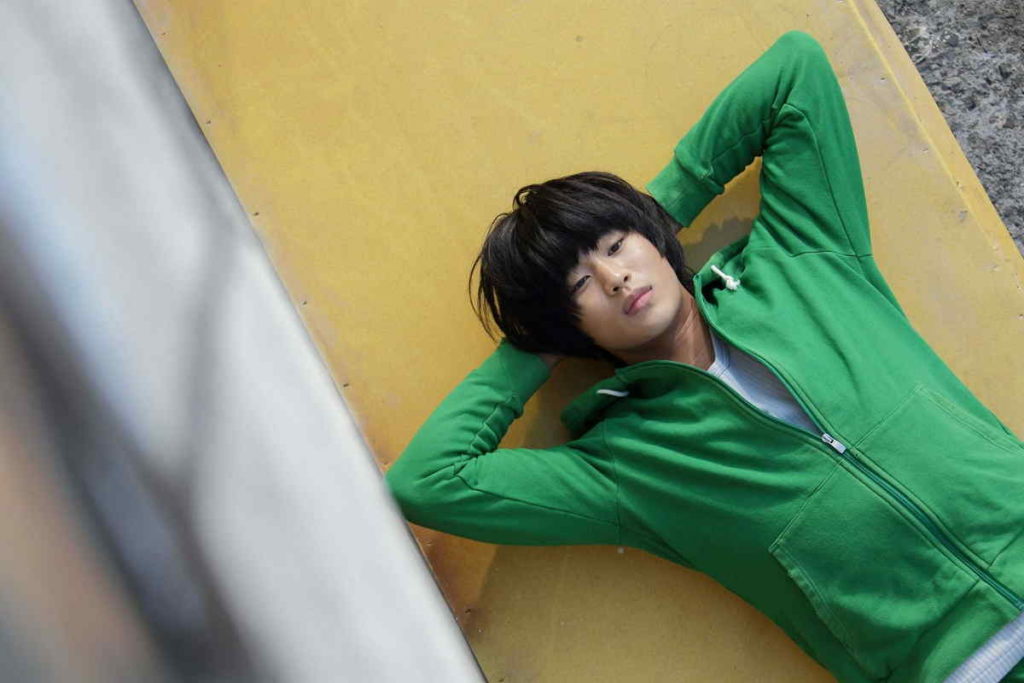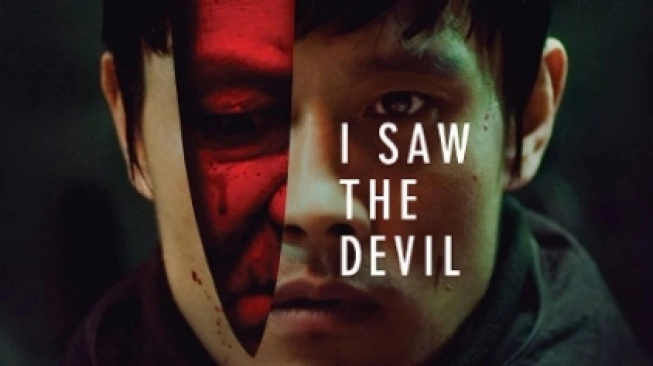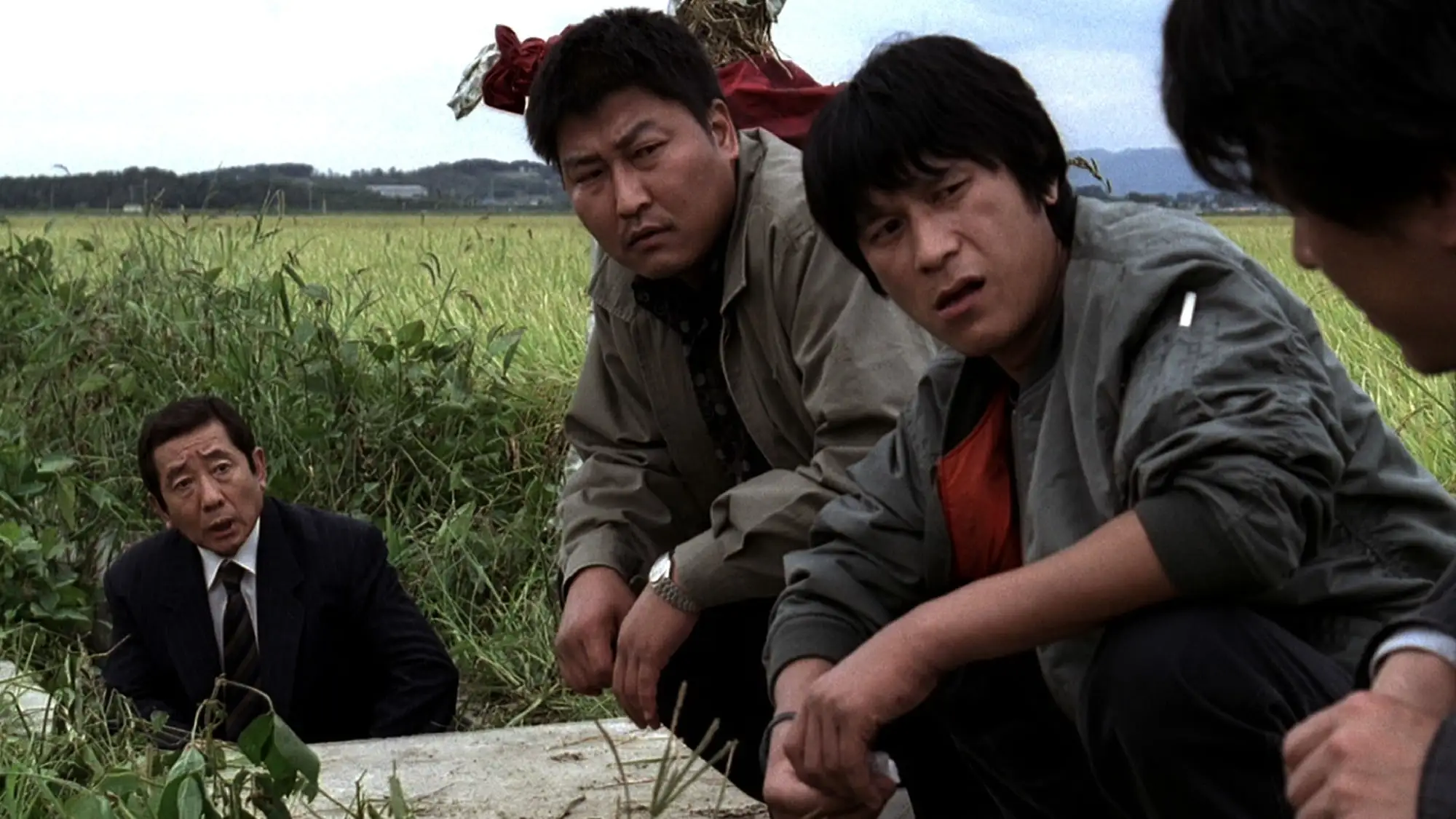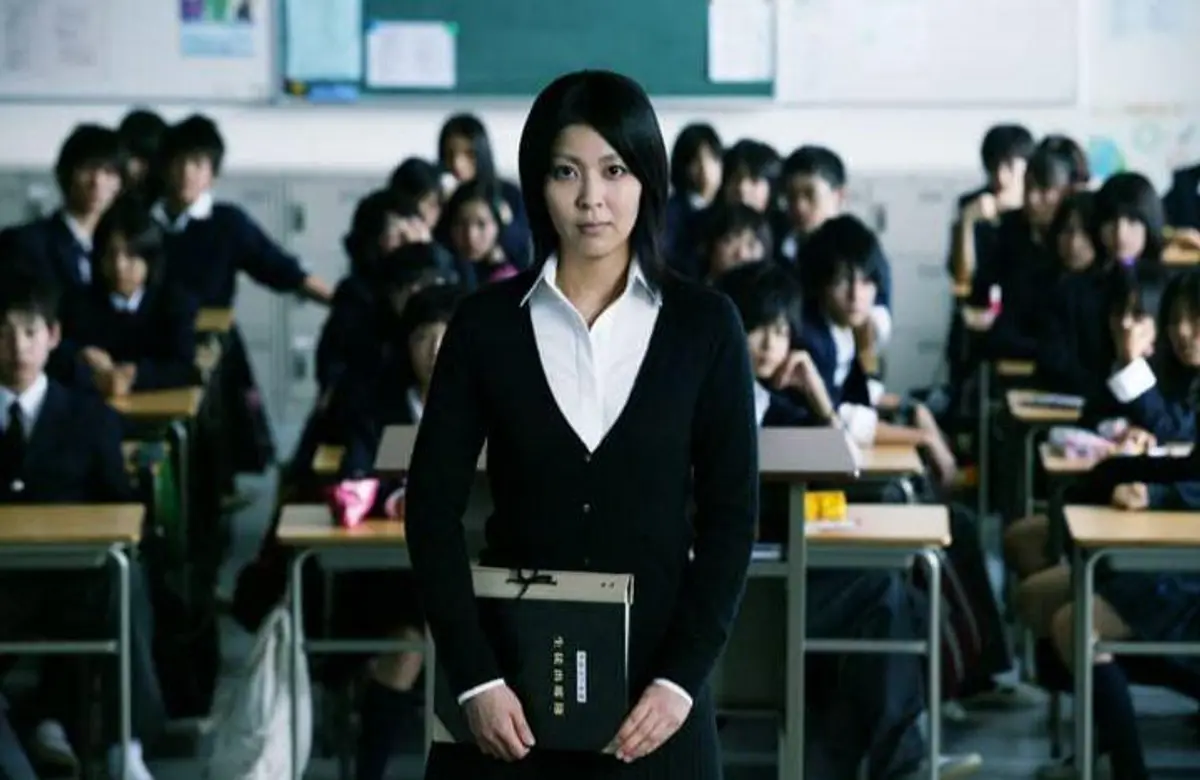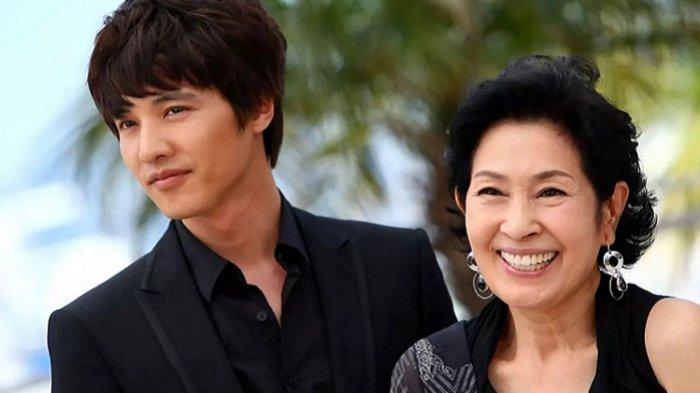
When we bring up Mother movie, it instantly sparks different reactions depending on who you ask. Some people recall Darren Aronofsky’s bold psychological thriller, while others think of Bong Joon Ho’s deeply moving drama. No matter which version of Mother movie comes to mind, both carry powerful themes and unique storytelling that deserve a closer look. The fascinating part is how this title alone has become a conversation starter among film lovers around the globe.
The Dual Identity of Mother Movie
The term Mother movie is interesting because it does not belong to just one film. In 2009, Bong Joon Ho gave the world a Korean masterpiece titled Mother, blending crime, mystery, and maternal devotion in ways few directors can pull off. Then in 2017, Darren Aronofsky shook Hollywood with mother!, a controversial yet artistically daring project. Both films share the same keyword but travel in completely different directions. This dual identity is what makes exploring Mother movie so compelling.
Read More: Diving Into the Darkness of I Saw the Devil Movie
Bong Joon Ho’s Mother and Its Emotional Depth
For anyone familiar with Korean cinema, Bong Joon Ho is a name tied to brilliance. His Mother movie tells the story of a mother determined to prove her son’s innocence after he is accused of a crime. The film digs into maternal sacrifice, justice, and human vulnerability. It does not rely on flashy effects but rather on strong storytelling and raw emotion. Watching this Mother movie feels like peeling away layers of human truth, each more heart wrenching than the last.
Read More: Shoplifters Movie: A Heartfelt Tale of Family, Poverty, and Moral Complexity
Darren Aronofsky’s Mother and Its Controversial Symbolism
Switching gears, Aronofsky’s Mother movie takes audiences on a surreal journey. Starring Jennifer Lawrence and Javier Bardem, this film is filled with metaphors, religious allegories, and a sense of claustrophobia that keeps viewers unsettled. Unlike Bong’s film, Aronofsky’s version leans into shock value and symbolism. The Mother movie here isn’t about a single narrative but about interpreting meaning from chaos. It’s no surprise that it sparked debates, with some hailing it as genius while others dismissed it as pretentious.
Read More: Burning Movie: A Deep Dive into Mystery, Desire, and Ambiguity
Why People Still Talk About Mother Movie
What makes Mother movie fascinating is how both versions linger in people’s minds long after the credits roll. Bong’s story resonates emotionally, while Aronofsky’s pushes people into intellectual debates. Both are unforgettable for entirely different reasons. Whether someone enjoys dissecting allegories or feeling the pull of raw drama, the Mother movie experience provides something memorable.
Read More: The Emotional Journey of A Star is Born Movie
The Power of a Universal Theme
One reason why the phrase Mother movie feels so powerful is that the theme of motherhood is universal. Every culture values the idea of a mother’s love and sacrifice, and both films capture this in their own styles. Bong Joon Ho shows it through loyalty and determination, while Aronofsky explores it through metaphor and destruction. By focusing on the maternal figure, the Mother movie title gains weight and recognition across borders.
How Mother Movie Fits in Modern Cinema
Modern cinema thrives on variety, and Mother movie perfectly represents that diversity. On one side, you have Korean cinema pushing boundaries with emotionally charged storytelling. On the other, Hollywood experiments with metaphor-heavy narratives that divide audiences. Both approaches highlight how the same title can inspire entirely different cinematic experiences. The existence of these films under the Mother movie umbrella proves how powerful a single word can be in shaping cinematic identity.
Audience Reception and Legacy
When it comes to reception, Bong Joon Ho’s Mother movie was widely praised by critics and audiences alike. It even won multiple awards, solidifying its place as a classic of Korean cinema. Aronofsky’s version, however, faced a mixed reception. Some critics admired its audacity, while mainstream audiences often felt alienated. Despite the divided opinions, both versions of the Mother movie achieved one thing in common—they left people talking.
Symbolism That Defines Mother Movie
Symbolism is one of the key reasons why Mother movie continues to attract analysis. In Bong’s film, the symbolism is subtle, representing sacrifice, justice, and the limits of love. Aronofsky, on the other hand, filled his Mother movie with bold biblical references, environmental metaphors, and reflections on creation and destruction. This difference in style makes discussions around the Mother movie never-ending, as fans and critics interpret its meaning differently.
Why Mother Movie Still Matters Today
Even years after release, Mother movie continues to hold relevance. Bong Joon Ho’s film is a must-watch for anyone exploring world cinema, while Aronofsky’s remains a conversation starter in film schools and discussion groups. The influence of Mother movie proves that great storytelling doesn’t fade with time. Instead, it grows stronger as new viewers discover its depth.
The Lasting Impression of Mother Movie Characters
Characters are the heart of any film, and Mother movie excels here. Bong Joon Ho crafted a determined and selfless mother whose actions drive the story forward. Her character has become iconic in Korean film history. In Aronofsky’s Mother movie, the central characters serve as archetypes rather than individuals, making them open to interpretation. Jennifer Lawrence’s performance especially made headlines, solidifying the film’s controversial yet unforgettable impact.
How Mother Movie Challenges Viewers
One of the defining qualities of Mother movie is how it refuses to make things easy for viewers. Bong’s film challenges emotions, forcing audiences to consider how far they would go for family. Aronofsky’s version challenges perception, pushing people to think about religion, environment, and human greed in ways they might not be comfortable with. This makes the Mother movie experience more than just entertainment—it becomes a reflection exercise.
The Cinematic Style Behind Mother Movie
Both films may share the same title but their cinematic styles are worlds apart. Bong Joon Ho uses grounded storytelling, quiet tension, and sharp emotional beats to keep viewers engaged. Aronofsky employs chaos, handheld camerawork, and layered metaphors. Both styles give Mother movie its unique identity depending on which version one watches. For cinephiles, exploring these contrasts is part of the fun.
Lessons to Take from Mother Movie
Another reason why people continue to revisit Mother movie is the lessons hidden within. Bong Joon Ho highlights themes of justice, loyalty, and the human condition. Aronofsky explores creation, destruction, and the dangers of obsession. While their methods differ, both leave audiences with food for thought. That is the real power of Mother movie—it teaches without directly telling

